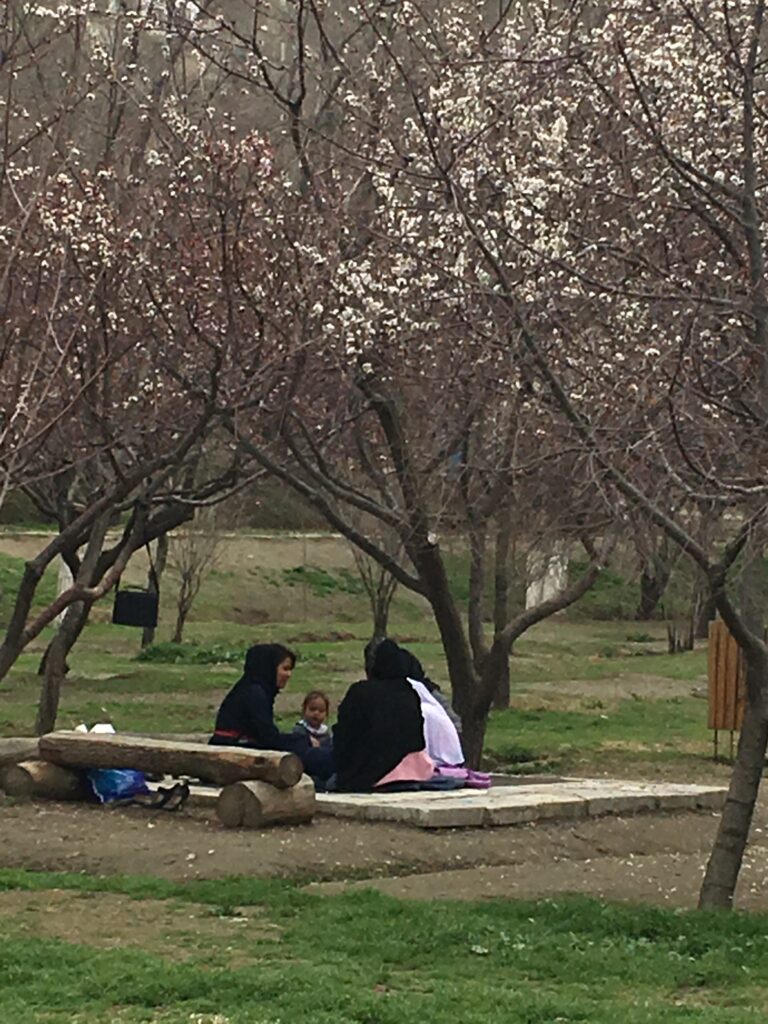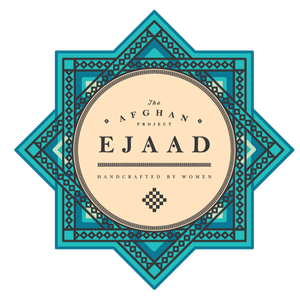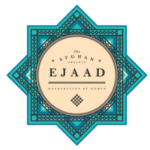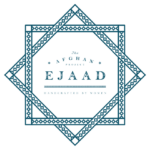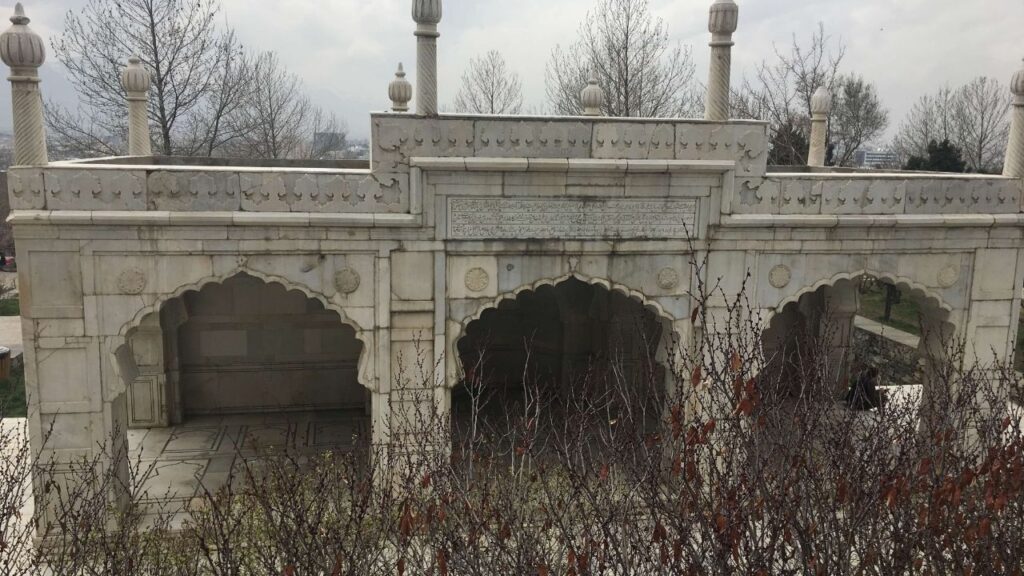
A Travel Vignette: Kabul
Descending over the majestic snow-capped mountains of Afghanistan, the city of Kabul was engulfed in a thick blanket of grey. But nothing could dampen my spirits. It was March 2017, I felt both excitement and trepidation of visiting a country that had a complex history and was often portrayed negatively but had always intrigued me and would soon endear me to it forever.
I had come to meet our project co-founder Abdul’s family and the artisans of Ejaad for the first time and would experience the warm and welcoming hospitality Afghanistan is famous for. In keeping with Pushtun traditions, Abdul lives with his extended family. It is the women that move into their husband’s family house, and even though Abdul’s father was tragically killed in the Afghan-Soviet war, he and his mother continued to live with his father’s brother and other extended family members.
On the morning of the first workshop training, I stood at the door with Abdul’s mother and aunt, as eight or so women dressed in traditional blue burqas entered the family compound. Greetings were exchanged and once inside the burqas were removed and for the first time, I was warmly introduced. It was an exciting moment to meet the women who would become part of our Ejaad project. Together we all settled into the main living area, and fabrics and embroidery thread were produced. Opportunities like this for women to get together are relished and the room quickly became a hive of activity with plenty of chatter and laughter.
Sewing machines were bought with the money from our recent fundraiser and distributed among the women, along with colourful fabrics and threads. It was evident there were some very talented embroiderers. Collaboratively we agreed on designs, colours and measurements, taking into account western market preferences while honouring the traditions of Afghan stitching.
Sitting on Afghan carpets and drinking tea, I felt privileged to be part of this close-knit group of women. I shared family photos with Abdul’s grandmother, the matriarch of the family, her face tattooed with intricate dots, called ‘Khaal’, a sign of beauty among Pushtun women. She invited me into her room and showed me photos of her sons, proudly displayed on the wall, who were lost in the Afghan-Soviet War. Although we could not communicate through words, her eyes told me of the joys and the sorrows of her life.
Five years have gone by, and my life has been made richer by the people of this unique country who embraced me into their lives. Inshallah, one day Afghanistan will know peace and open its doors to the world once again.
~Co-founder
Andrea Morris
